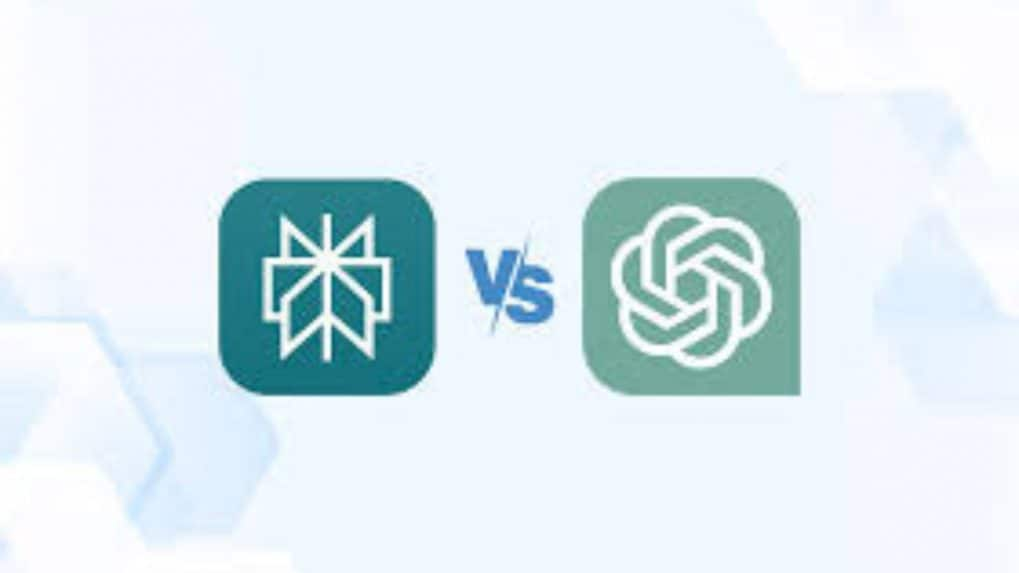Is Perplexity the "supercharged Google" that will unseat ChatGPT in India?
Ultimately, the Perplexity versus ChatGPT race is not just about speed or interface design. It is about reimagining how Indians access knowledge, make choices, and form digital habits. Whether one wins or both evolve, one thing is clear: conversational AI is no longer a novelty. It is infrastructure.
ADVERTISEMENT
Until recently, for most Indian smartphone users, “AI” meant one thing: ChatGPT. That cultural dominance is now being meaningfully challenged for the first time, thanks to a new contender making waves: Perplexity.
With its recent bundling deal with Airtel, Perplexity has surged into public awareness. It offers mobile-first, frictionless access to conversational AI without requiring login or downloads. “This marks the first time ChatGPT’s monopoly in India is being meaningfully challenged,” said Gopa Menon, COO & Co-founder at Theblur. “Perplexity’s entry changes the narrative.”
Unlike ChatGPT, which operates as a general-purpose assistant from writing poems to generating code, Perplexity positions itself as a real-time, retrieval-focused engine. It is often seen as a supercharged Google rather than a ChatGPT clone. For everyday, utility-driven queries like restaurant searches, quick summaries, and local updates, it is leaner, faster, and arguably more aligned with India’s mobile-first, data-conscious behavior.
“The competition is not about depth of reasoning, it is about default behavior,” said Menon. “Once users form a habit around getting answers from Perplexity, it is harder to get them to open a different app even if that other app can do more.”
Different Models, Converging Directions
While the two products currently serve distinct use cases, their paths are beginning to converge. Akshay Mathur, Founder & CEO, Unpromptd explains, “Perplexity competes with ChatGPT primarily in the search and Q&A category, not across the full range of capabilities. But the lines may begin to blur. Both companies are developing their own AI browsers and slowly inching toward overlapping user experiences.”
In that sense, Perplexity is not just aiming to replace search engines. It may eventually chip away at ChatGPT’s assistant territory as well. However, the depth and versatility of OpenAI’s product still gives it an edge in creative and productivity-driven tasks.
The Data and Distribution Game
While functionality is one part of the equation, distribution and monetization are equally crucial. Viniit Mehta, founder of Pressplay Capital pointed out that Perplexity’s current model lacks a clear revenue path. “This could be a short-term spike. But after deeper thought, you realize it is also about data,” he said. “India is the world’s largest democratic data farm. This is a telco and AI distribution race, a sprint for monetization, reach, and intelligence.”
That is why partnerships like Airtel’s matter. Desai believes rival telcos like Jio and Vodafone Idea could strike similar alliances, prompting platforms like ChatGPT to rethink pricing and access for the Indian market.
What This Means for Marketers
For advertisers and brand strategists, this shift presents both a challenge and an opportunity. “The traditional customer journey is getting disrupted,” said Gowthaman Ragothaman, Founding CEO of Saptharushi. “Marketers have planned for discovery via search, display, or social, not through conversational engines like Perplexity.”
If even 10 to 15 percent of India’s 330 million internet users begin making decisions through AI chats, that could rewrite large chunks of the marketing funnel. Perplexity’s interface skips conventional touchpoints, jumping straight to intent-driven recommendations. That compresses the funnel and reshapes user behavior.
But it also complicates things. “I asked the same nuanced question on Perplexity, GPT, Claude, and Meta’s Llama. All gave different answers,” Gowthaman added. “If people rely on inconsistent or partially trained models, they may end up making poor decisions. The concern is not just dominance, it is trust and consistency.”
We have not even reached the advertising layer of this model yet. What happens when brands want to influence or optimize for visibility within Perplexity responses? That is going to open up a new front: AI-native, conversational, possibly voice-led performance marketing.
Ultimately, the Perplexity versus ChatGPT race is not just about speed or interface design. It is about reimagining how Indians access knowledge, make choices, and form digital habits. Whether one wins or both evolve, one thing is clear: conversational AI is no longer a novelty. It is infrastructure.
Read More:Airtel’s bold bet: Perplexity Pro lands on 370 mn phones, taking aim at Google in India’s AI race
Read More:Google's grip loosens: Is AI the search disruptor?


